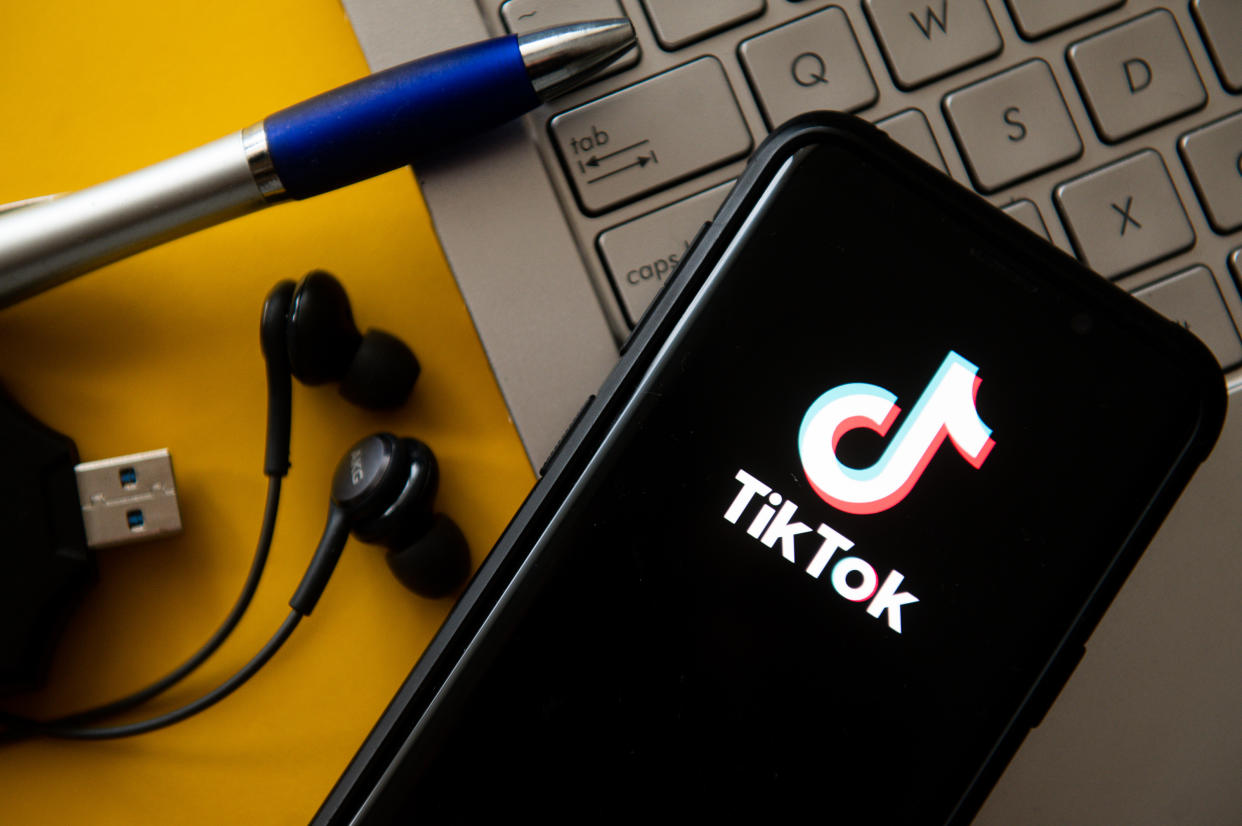This country just backflipped on TikTok: Here’s why

Pakistan has removed its TikTok ban only 10 days after putting it in place, claiming the social media platform has “assured” that videos will be moderated.
Pakistan banned TikTok on the grounds of the video platform hosting “indecent” videos, but the country’s telecommunication authority backtracked this week, saying the app will be available provided all videos are moderated to align with “societal norms and the laws of Pakistan”.
“The restoration of TikTok is strictly subject to the condition that the platform will not be used for the spread of vulgarity/indecent content & societal values will not be abused. The Pakistan Telecommunication Authority (PTA) will be constrained to permanently block the application incase said condition is not fulfilled,” the authority warned.
Pakistan banning the Chinese app was notable as the country does not have a tense relationship with China, unlike other countries that have banned the app like India and the US.
However, the move came after Pakistan earlier this month published new rules banning obscene, blasphemous, defamatory or illegal content on social media. The PTA said these rules are to prevent the sharing of content that goes against the interest of Islam, the security of Pakistan, public order, health and safety and decency and morality.
And in February, the Pakistan government introduced laws forcing social media companies to help law enforcement agencies to access data and remove content, which critics described as a risk to free speech.
The director of Pakistani digital rights group Bolo Bhi, Usama Khilji, said the move to ban TikTok could be attributed to the same motives, claiming Pakistan “could be taking a page out of the Chinese playbook”.
“We know how heavy censorship regimes are in China,” he told CNN.
TikTok’s side-effect in Pakistan
Speaking on the BBC’s World Business Report podcast to discuss the backflip on the ban, Pakistan-based journalist Mehmal Safraz said one of the “unsaid reasons” behind the ban was due to the way users could make fun of the government on it through political mimicry.
However, she added, the app has also played a part in improving social mobility in the South Asian country.
Around 20 million people use the app in Pakistan, and Safraz said it has broken a class barrier for many.
“It has actually led to upward mobility for a lot of its users,” she said.
“Other social media platforms like Instagram, Twitter or Facebook… have this certain class of people there who can speak or read or write English, but on TikTok, what we’ve seen is people who have come from very poor backgrounds or low- and middle-class backgrounds…. They’ve tapped into this and they have millions of followers now.”
She said there is a new group of TikTok stars in their early 20s, which has led to employment opportunities that haven’t been tied to wealth or access to the latest fashions.
“TikTok has broken barriers when it comes to class, and I find it actually one of the reasons that a lot of people protested the ban,” she said.
“A lot of people were actually losing employment opportunities because of this ban.”
And it’s not just Pakistan: Wired reports that TikTok also helped creators in India break through economic and social barriers, with its eventual ban leaving careers in tatters, while there are also reports of it playing a similar role in Egypt.
However, TikTok’s reputation isn’t squeaky clean, with documents leaked in March showing it had tried to ban “unattractive and impoverished” users.
It’s also come under fire for its content, and allegations from the US White House that TikTok could be used to spy on its users.
Australia in August confirmed a TikTok ban won’t occur, with Prime Minister Scott Morrison describing the move as “not necessary”.
Make your money work with Yahoo Finance’s daily newsletter. Sign up here and stay on top of the latest money, news and tech news.
Follow Yahoo Finance Australia on Facebook, Twitter, Instagram and LinkedIn.



